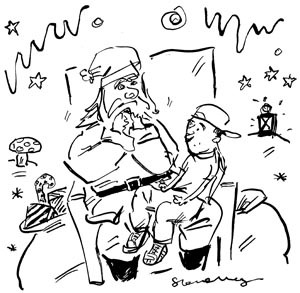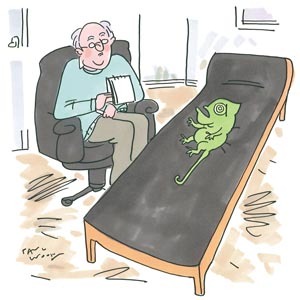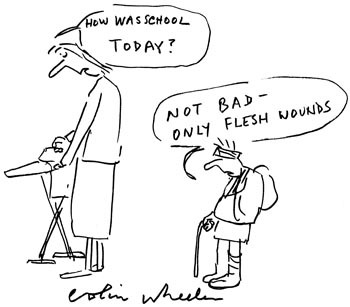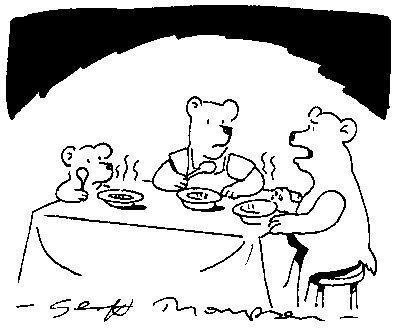Fiery genius
In July 1967, a young artist named John Nankivell, living in Wantage, plucked up the courage to knock on John Betjeman’s front door, in the same town, to show the poet (whom he had never met) some of his architectural drawings. In July 1967, a young artist named John Nankivell, living in Wantage, plucked up





